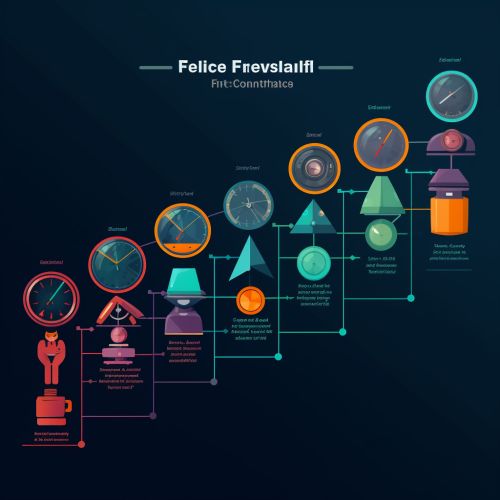Fintech Innovations
Overview
Financial technology, often shortened to Fintech, is the innovative use of technology in the design and delivery of financial services and products. It is a rapidly growing industry, transforming traditional financial systems and operations into digitized, efficient, and accessible platforms. This article will delve into the various innovations within the fintech industry, exploring their implications, applications, and potential future developments.
History of Fintech
The term 'fintech' was first coined in the 1980s, but the concept of using technology to enhance financial services can be traced back to the introduction of the first credit cards, ATMs, and electronic stock trading in the mid-20th century. The evolution of fintech has been driven by several factors including technological advancements, consumer demand for convenience, and the need for improved efficiency in financial services.


Key Fintech Innovations
Fintech innovations have permeated nearly every aspect of the financial industry, from banking and insurance to wealth management and payments. Some of the key innovations include:
Mobile Payments
Mobile Payments have revolutionized the way transactions are conducted, allowing consumers to make payments directly from their mobile devices. This technology has been particularly beneficial in developing countries, where access to traditional banking services is often limited.
Peer-to-Peer Lending
Peer-to-peer lending platforms have disrupted traditional lending models by connecting borrowers directly with lenders, bypassing the need for a traditional financial institution. These platforms often offer more competitive interest rates and quicker approval times.
Robo-Advisors
Robo-advisors are digital platforms that provide automated, algorithm-driven financial planning services with little to no human supervision. They have made investment management more accessible and affordable, particularly for novice investors.


Blockchain and Cryptocurrencies
Blockchain technology and cryptocurrencies like Bitcoin have introduced a new paradigm for secure, decentralized transactions. While still in its early stages, this technology has the potential to significantly disrupt traditional financial systems.
Impact of Fintech Innovations
Fintech innovations have had a profound impact on the financial industry and wider society. They have democratized access to financial services, improved efficiency, and fostered a more inclusive financial system. However, they also pose new challenges and risks, including data security concerns and regulatory complexities.
Future of Fintech
The future of fintech is likely to be shaped by further technological advancements, evolving consumer expectations, and regulatory developments. Emerging trends include the integration of artificial intelligence in financial services, the rise of open banking, and the continued growth of digital currencies.


